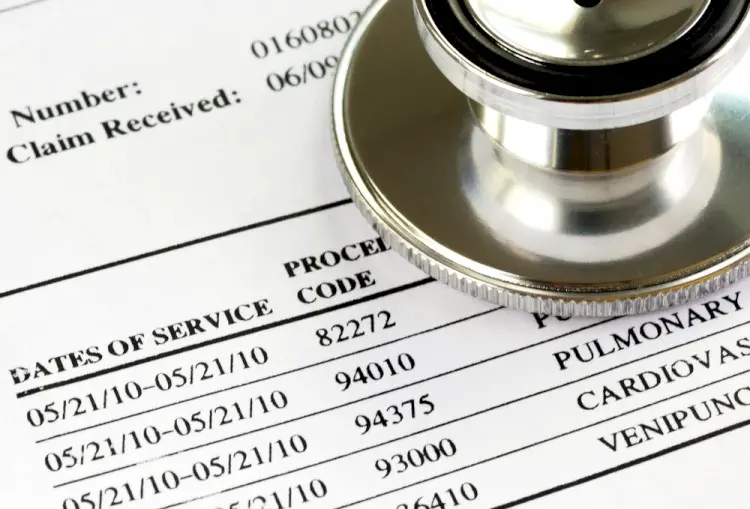
It seems that no matter what medical problem you have, there’s going to be a large bill attached to it. Even if you’ve got good insurance and pay your co-pay, there will also be little things (or big things) that get added on, whether they’re labs, x-rays, other radiology, physical therapy, nutrition consulting, and on and on. There are so many things that can burden you with medical debt that you can’t help but wonder: do medical bills affect your credit score?
You’re Not Alone
If you’re suffering from heavy medical debt, it’s important to know that you’re not alone. Medical debt is the number one reason in America why people are contacted by debt collectors. Being in medical debt is as common in the United States as almost any other kind of debt. One survey showed that 23 million Americans, which accounts for 1 in 10 adults, are in “significant medical debt”, and that nationwide Americans owe at least $195 billion in medical debt.
Medical Debt Collections: How Unpaid Medical Bills Affect Your Credit Score
Medical debt, if you pay your medical bills on time, does not affect your credit score in almost all cases, no matter how big your debt is. But if you miss a payment or several payments, and collection agencies get involved–that’s the key–then it will most certainly be reported to credit bureaus and damage your credit score.
A damaged credit score can destroy financial opportunities, leading to difficulties getting housing, credit, or a job. Additionally, you will pay more interest, have higher deposits, and be a greater target of predatory lenders for any financing you still qualify for.
However, some federal regulations have been passed to limit bill collectors from weaponizing the credit reporting system. Medical debt under $500, paid off, or less than a year old should no longer appear on your credit reports.
You have almost 12 months to:
- apply for financial assistance
- correct and reduce your itemized bill
- appeal any insurance denials
- negotiate a settlement
- get on a fair payment plan that doesn’t involve taking on consumer debt.
Most recently, the Biden administration has proposed eliminating medical debt from credit reports. However, debt collectors will still have other tools to coerce payment, such as lawsuits.
How To Keep Your Medical Debt Off Your Credit Report
Dispute Your Medical Debt
The first thing you need to do when faced with large medical debt is to negotiate the medical debt down. Don’t be afraid of this stage – there is plenty of room to debate and get better terms and items dropped from your bills.
While going through the steps, let your creditors know that your bill is in dispute and request to pause collection activities on your account. Additionally, keep a communications log, with names, dates, times, and important details. Finally, keep good records and get all agreements in writing. This is a long game, broken down into three steps:
- Call the provider to ask for the itemized bill with CPT codes, per your rights under HIPAA.
- Look up each CPT code using an internet search or AI chatbot. For each code:
- Verify that the descriptions match the services received.
- If insured, compare the bills with your Explanation of Benefits to see if you need to appeal any insurance claim denials.
- Find the amount Medicare would pay.
- Total all Medicare amounts for a new fair bill.
- Call the provider to arrange a payment plan with your new total based on the fair prices Medicare would pay. You can pay off your debt with partial payments, get on a better repayment plan, or offer to pay a lump sum that’s lower than the full amount.
These three steps are explained in detail in our article, The Best Way to Pay Medical Bills in 3 Steps. You may find more tips to further reduce your debts in How to Reduce Hospital and Medical Bills.
Avoid Using Credit Cards to Pay Medical Bills
Another important thing is to avoid paying your medical debt with a credit card. Credit card debt is always referred to credit bureaus, and even if you make monthly payments and stay in good standing with the credit card company, the debt will still show up for seven years.
Learn more in our article, Before You Put that Medical Bill on a Credit Card, Read This!
Stick to your Payment Schedule
Once you have negotiated a settlement or payment plan with your provider or creditor, don’t forget to get it in writing and always make the monthly payments. By doing so, you’ll keep medical debt off of your credit report.
